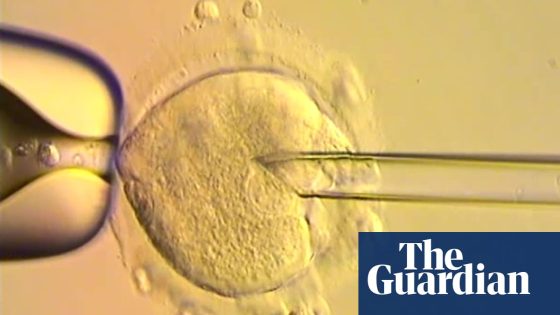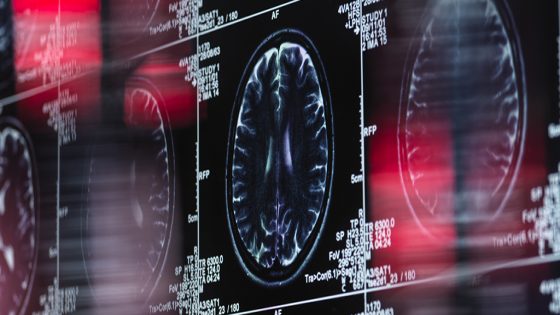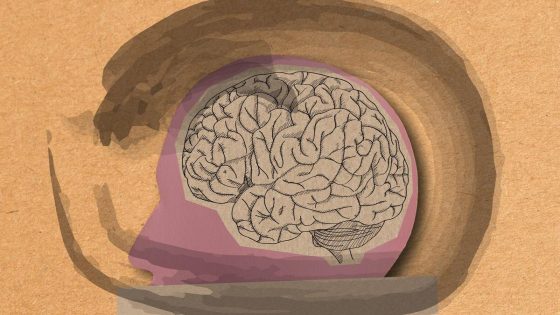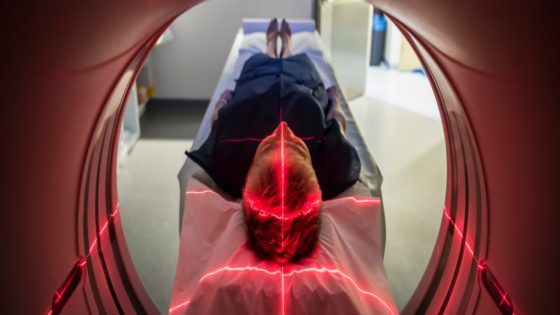Recent advancements in mitochondrial donation therapy (MDT) have led to the birth of eight healthy babies in the UK, showcasing a significant breakthrough in reproductive health. This innovative procedure utilizes DNA from three individuals to prevent severe genetic disorders in newborns, a method that has been evolving since the law was amended in 2015.
- Eight healthy babies born using mitochondrial donation.
- Procedure prevents life-threatening genetic disorders.
- Newcastle University pioneered the groundbreaking technique.
- Mitochondrial diseases affect energy-producing cell structures.
- Genetic testing shows low mutant mitochondria levels.
- Parents express gratitude for healthy children.
On July 17, 2025, doctors celebrated the successful births of four boys and four girls, including identical twins, all free from the mitochondrial diseases they were at risk of inheriting. This milestone is a testament to decades of research and offers hope to families with a history of genetic disorders.
This groundbreaking procedure raises an important question: How can MDT change the future of genetic health? With the potential to eliminate inherited mitochondrial diseases, MDT could transform reproductive choices for many couples. Consider these health recommendations:
- Consult a genetic counselor if you have a family history of mitochondrial disorders.
- Explore mitochondrial donation therapy options if you are at risk of passing on genetic conditions.
- Stay informed about advancements in reproductive health technologies.
The success of these eight births is just the beginning. As research continues, families facing genetic challenges can look forward to more options and healthier futures.

















![[Adobe Stock]](https://news.faharas.net/wp-content/uploads/2025/07/Ketogenic-Diet-Boosts-Brain-Blood-Flow-by-22-and-BDNF-230x129.jpg)















